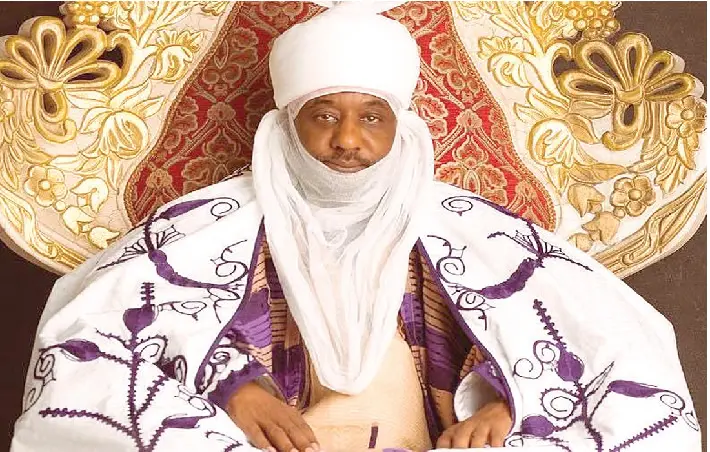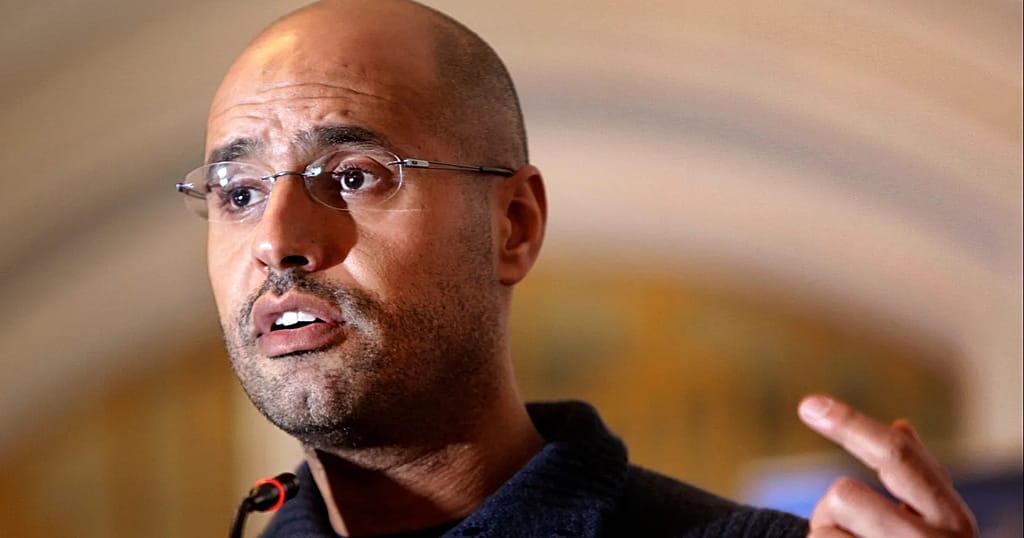Rwanda is calling for the repatriation of its historical artifacts, with over 90% of its cultural materials, documents, and visuals still held in colonial museums. According to Robert Masozera, Director General of the Rwanda Cultural Heritage Academy, former colonial powers such as Germany and Belgium have been reluctant to return these significant items. Masozera made the revelation on October 27, as Rwanda marked the World Day for Audiovisual Heritage.
The majority of Rwanda’s historical artifacts, including songs, documents, and visuals, were taken by colonial powers and remain abroad. Masozera noted that laws in these countries have made it difficult to repatriate these materials, which are crucial in defining the uniqueness of Rwandans. He emphasized that audiovisual heritage is essential, but what is currently available in Rwanda’s archives is limited, with most of the materials returned after long negotiations representing less than 10% of what remains abroad.
Masozera highlighted the importance of preserving audiovisual heritage, citing the need to safeguard the image of the past for future generations. He encouraged citizens to submit historical materials to the National Archives for preservation, as they are sensitive and must be stored carefully. The National Archives currently hold 4,095 Gakondo songs returned from Belgium, a film about King Mutara III Rudahigwa, and a documentary on education in Rwanda and Burundi between 1912 and the 1960s.
Negotiations are ongoing to repatriate the remaining artifacts, with Masozera expressing hope that progress is possible through continued cooperation. However, he noted that some countries are reluctant to return the originals, instead offering copies. Masozera emphasized that Rwanda has established modern preservation measures and is capable of safeguarding its own heritage.
In the digital era, efforts have been made to digitize archives, but concerns have been raised about the misuse of artificial intelligence to manipulate or forge content. Masozera acknowledged these concerns but noted that laws are in place to prevent copyright infringement. He encouraged individuals to preserve their historical materials properly, either by submitting them to the National Archives or seeking training to preserve them themselves.
The repatriation of Rwanda’s historical artifacts is a significant issue, with the country seeking to reclaim its cultural heritage and preserve its history for future generations. As negotiations continue, Rwanda remains committed to safeguarding its audiovisual heritage and promoting the importance of preserving the past.



